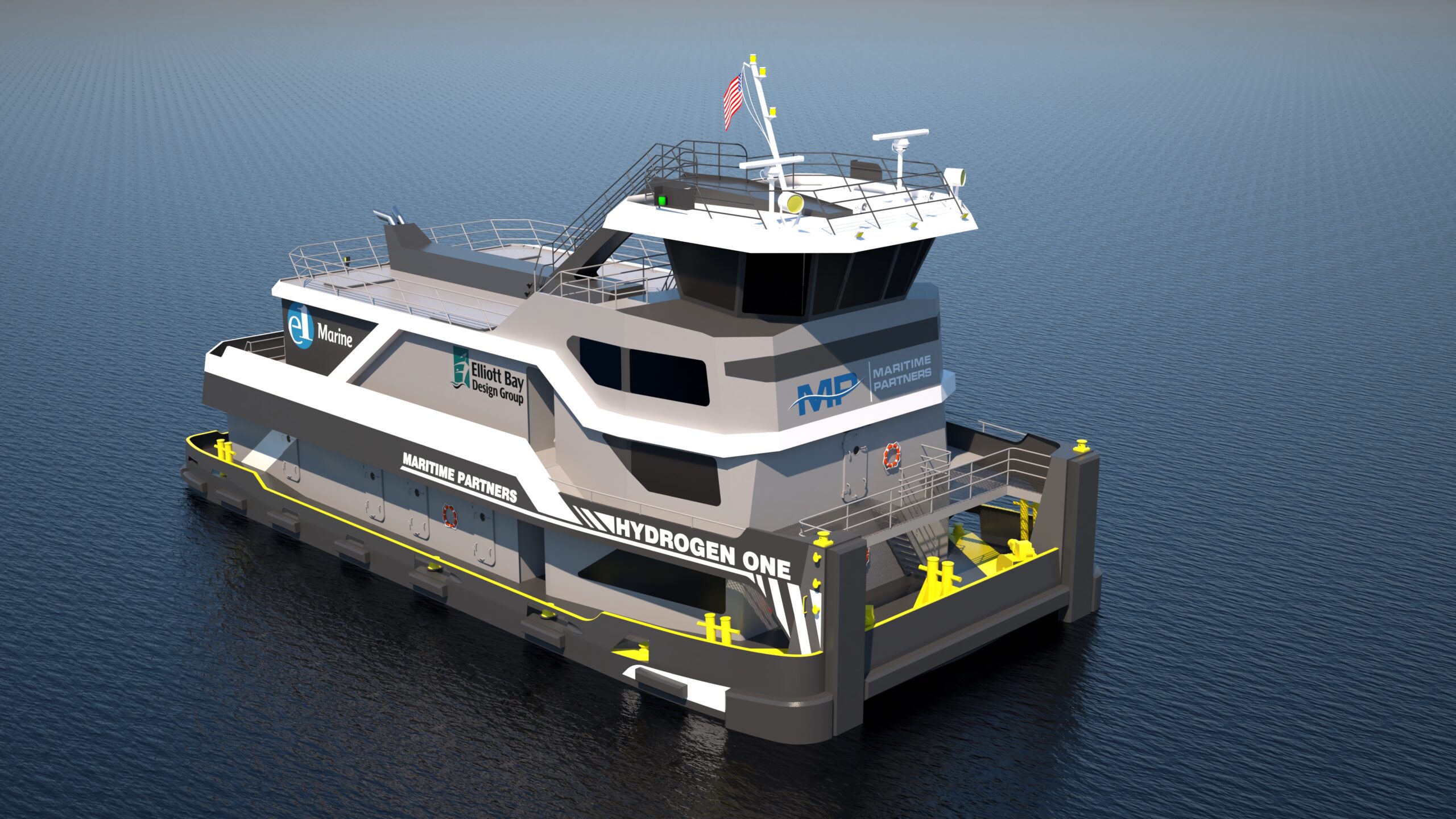Does anyone remember the financial crisis of 2008? Politicians, bankers and corporate executives were playing down the potential of a financial crisis before it occurred…
What goes around comes around.
Nearly two weeks ago, Premier Li Keqiang of China in reference to the growing default risks developing in the Chinese shadow banking market stated, “It is indeed difficult to avoid a few default cases. We must tighten monitoring to prevent regional and systemic financial risks”. And recently, Stuart Gulliver the Chief Executive of HSBC stated the following regarding the threat the shadow banking system poses on China’s financial systems banks also have the resilience to withstand the impact and the central bank has enough flexibility to provide liquidity support”.
At the beginning of the month, China experienced its first bond default in over 15 years when Chaori Solar, a small privately owned solar panelmaker, failed to pay the interest on Rmb1billion (US$163 million) worth of bonds issued two years ago.
China has not seen a single outright default of a domestic corporate bond since it established a nascent bond market in the early 1990s. In 1997, following a series of technical defaults on bonds issued by companies backed by local governments across the country, the People’s Bank of China (“PBoC”) issued a mandate that forced those governments to bail the companies and their bondholders out. Additional defaults are beginning to emerge. Haixin is the largest privately owned steel mill in Shanxi, the heart of China’s coal country, accounting for 60% of the tax revenues in Wenxi County and home to 400,000 people defaulted on its debt too. The default, reported in the Financial Times by steel traders, sent shockwaves through the local banking and shadow banking sectors as debts were envisioned to be held by various interrelated parties in banking, coal, steel and other associated industries. Haixin was also a lead investor along with other local private companies, in Jinshang Investment Guarantee, which backed other companies’ debts for a fee and appeared to have been shuttered. Clearly, there exists the possibility of systemic risk developing as companies and financial institutions are linked together in this debt crisis.
This past week, the PBoC stepped in and calms fears that two small Chinese banking institutions, Jiangsu Sheyang Rural Commercial Bank and the Rural Commercial Bank of Huanghai, were hit by “runs on the bank”. The bank runs in Sheyang, a coastal county in Jiangsu province, were precipitated by the collapse of a series of loosely regulated local investment groups.
Follow Jay Goodgal’s blog here
As we have stated before, the banking system in China is fragile. Many financial and non-financial institutions may fail, including large institutions. This will be a challenge not only for the Chinese Government and the PBoC, but also for the global financial community. The development of deposit insurance in China is happening too slowly for individuals, but progress is being made. In the meantime, there exists a implicit guarantee by local government and financial institutions and buttressed by the PBoC.
We believe the risks in the Chinese financial system pose significant risks for investors globally, but particularly for shipowners and shipping investors. However, in a report issued on March 26th by Jim Collins, “Getting on Board the Shippers”, Mr. Collins seems to gloss over the issue. “The first question on shipping, especially dry bulk, is, what’s going on in China?…China looks OK. The consensus seemed to be that while Chinese growth may be slowing somewhat, there aren’t any signs of bubble-bursting from the Middle Kingdom”.
The Middle Kingdom is not only bursting, but if actions are not taken, the impact may be felt throughout the rest of the world. We believe shipping will remain challenged and recovery is far off as reduced industrial and trading activity and increased deliveries cause shipping rates to remain low and shipping companies to remain financially challenged.
And remember the prophetic words of Mr. Jean Claude Juncker, the former Prime Minister of Luxembourg, and the former Head of the Eurogroup Council of Eurozone Finance Ministers, “When it becomes serious, you have to lie”.
Jay Goodgal can be reached at [email protected]

 Join The Club
Join The Club











